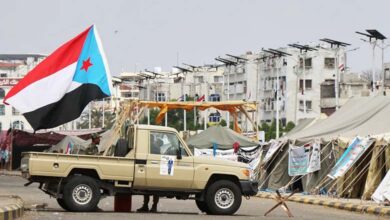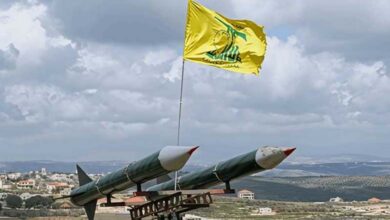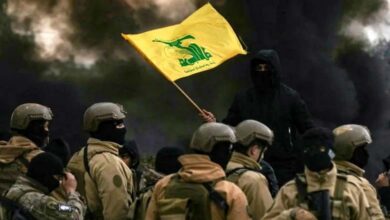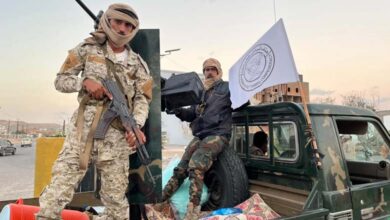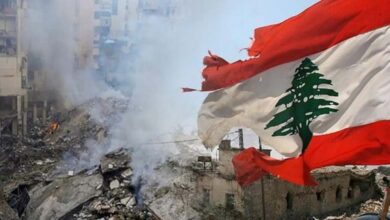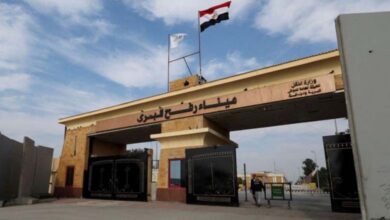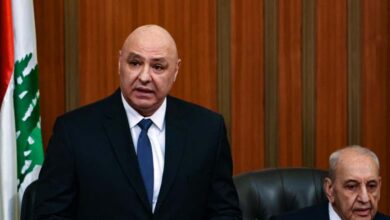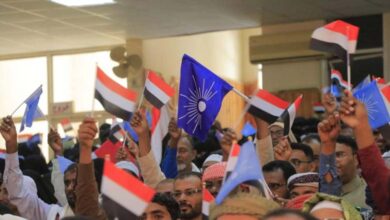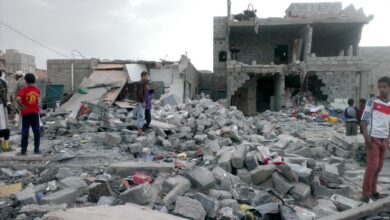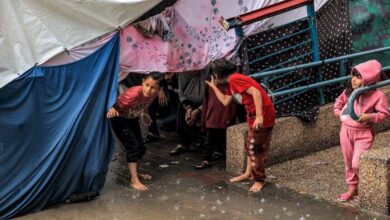US punishes individuals and companies providing financial services to Hezbollah
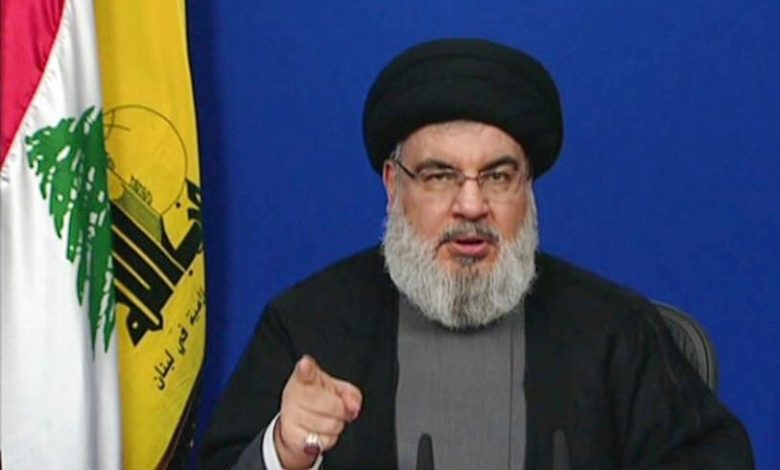
The United States imposed sanctions on individuals and companies on Thursday for providing financial services to Hezbollah and facilitating the purchase of weapons for the Lebanese group, according to the U.S. Treasury Department. Meanwhile, the administration of President Joe Biden is seeking to tighten its grip against Iran’s arms in the region by drying up their sources of funding amid a suffocating political and financial crisis in Lebanon.
The Treasury Department’s Office of Foreign Assets Control (OFAC) took action against two individuals and two companies based in Lebanon for providing financial services to Hezbullah, along with another individual who facilitated the group’s purchase of weapons, the department said in a statement.
The group was founded in 1982 by the Iranian Revolutionary Guard and is classified as a “terrorist organization” by the United States and other Western countries. Hezbollah is an influential group in Lebanon with a well-armed wing that has fought several wars with Israel. The group grew stronger after it joined the war in Syria in 2012 in support of President Bashar al-Assad.
OFAC regulations generally prohibit all transactions by Americans or within the United States that involve any property or interests of the entities concerned.
Among those sanctioned Thursday are Adel Mohamed Mansour, who ran a Hezbollah-run semifinancial institution, Hassan Khalil, who worked to buy weapons for Hezbollah, and Nasser Hassan, who worked with someone who provided financial services to the group, the Treasury Department said.
Last month, the U.S. sanctioned an international oil smuggling network that it said supports Hezbollah and Iran’s Qods Force, targeting scores of people, companies and tankers.
The US State Department said that Washington had “designated two individuals and two companies in Lebanon who provide financial services to Hezbollah and one individual who facilitates the supply of arms to Hezbollah. Financial facilitators and related companies manage Hezbollah’s extensive financial apparatus throughout Lebanon”
The Foreign Ministry added in a statement, “This financial institution includes the central financial unit of the party and the Al-Qard Al-Hassan Foundation, which has been placed on the sanctions list by the United States. It is the quasi-financial institution of the party that oversees the terrorist budget of the party within the executive council of the party under the administration of Secretary-General Hassan Nasrallah.”
This is not the first time that the American authorities have taken such sanctions against entities linked to the Lebanese group and other organizations allied with Tehran. Observers believe that the activities of the party contributed to preventing Western and Gulf financial support for Lebanon.
Washington has sought to cut off financial support for the group, which it describes as a terrorist organization, saying Hezbollah “seeks to finance its terrorist acts and tries to destabilize Lebanon’s political institutions.”
Observers say that despite the efforts exerted by the United States in this regard, the party is still able to finance its activities that are undermining the security of Lebanon and the region because of Iran’s support.
It is not just the US that is drying up the wellsprings of the Lebanese party. In January 2020, the British Treasury Department issued a “terrorism assets freeze” law to Hezbollah’s political and military wings .
Under British law, anyone who joins or promotes Hezbollah can be sentenced to up to 10 years in prison.
Since March 2019, Hezbollah’s activity in Britain has been banned beyond the previous decision on the activities of its military wing, due to its “attempts to destabilize the fragile situation in the Middle East.”
Lebanon is in the throes of a crippling financial crisis that began in 2019 due to heavy debts, a constitutional vacuum left by the resignation of President Michel Aoun after his term ended last October, and the failure of parliament to find a successor.
He accused Hezbollah of extending the presidential void by vetoing a number of figures it considers pro-US and anti-resistance and demanding its disarmament.
The Lebanese authorities are also awaiting the signing of a final agreement to obtain three billion dollars in funding from the International Monetary Fund to overcome the financial crisis.


